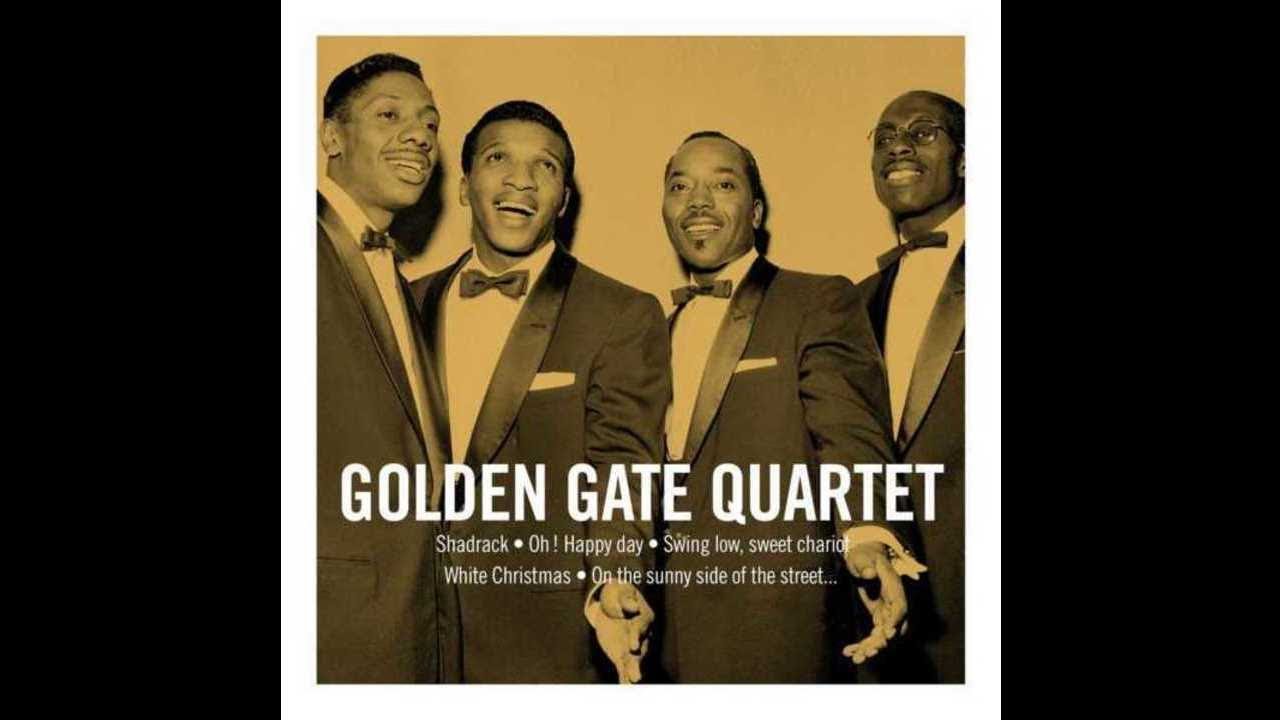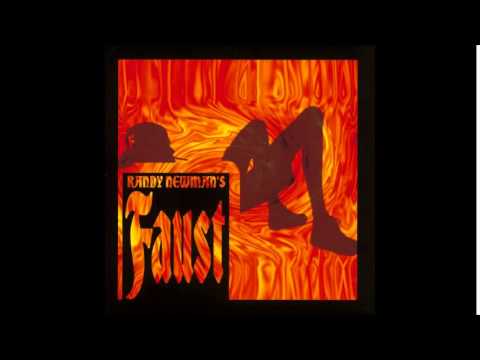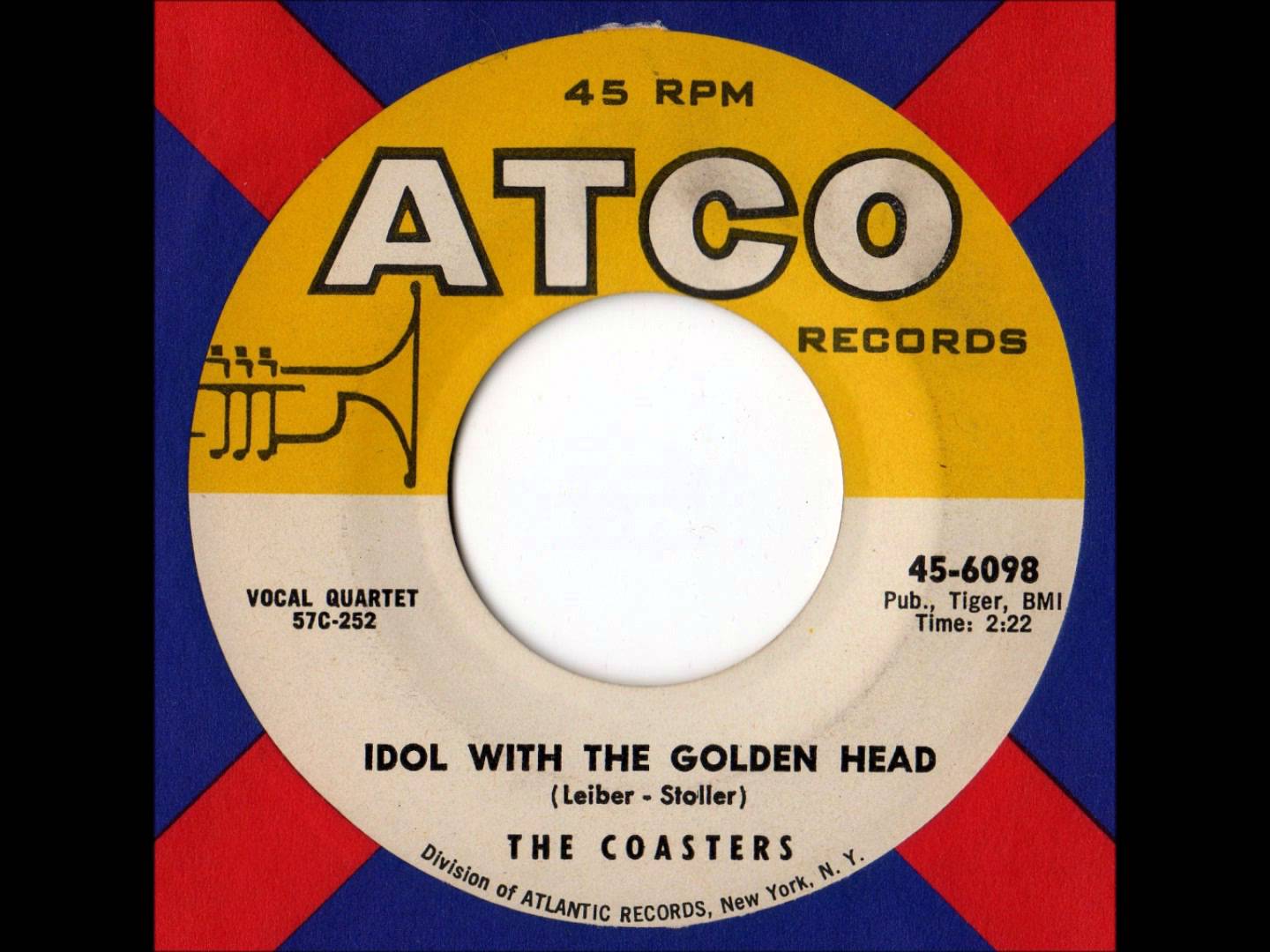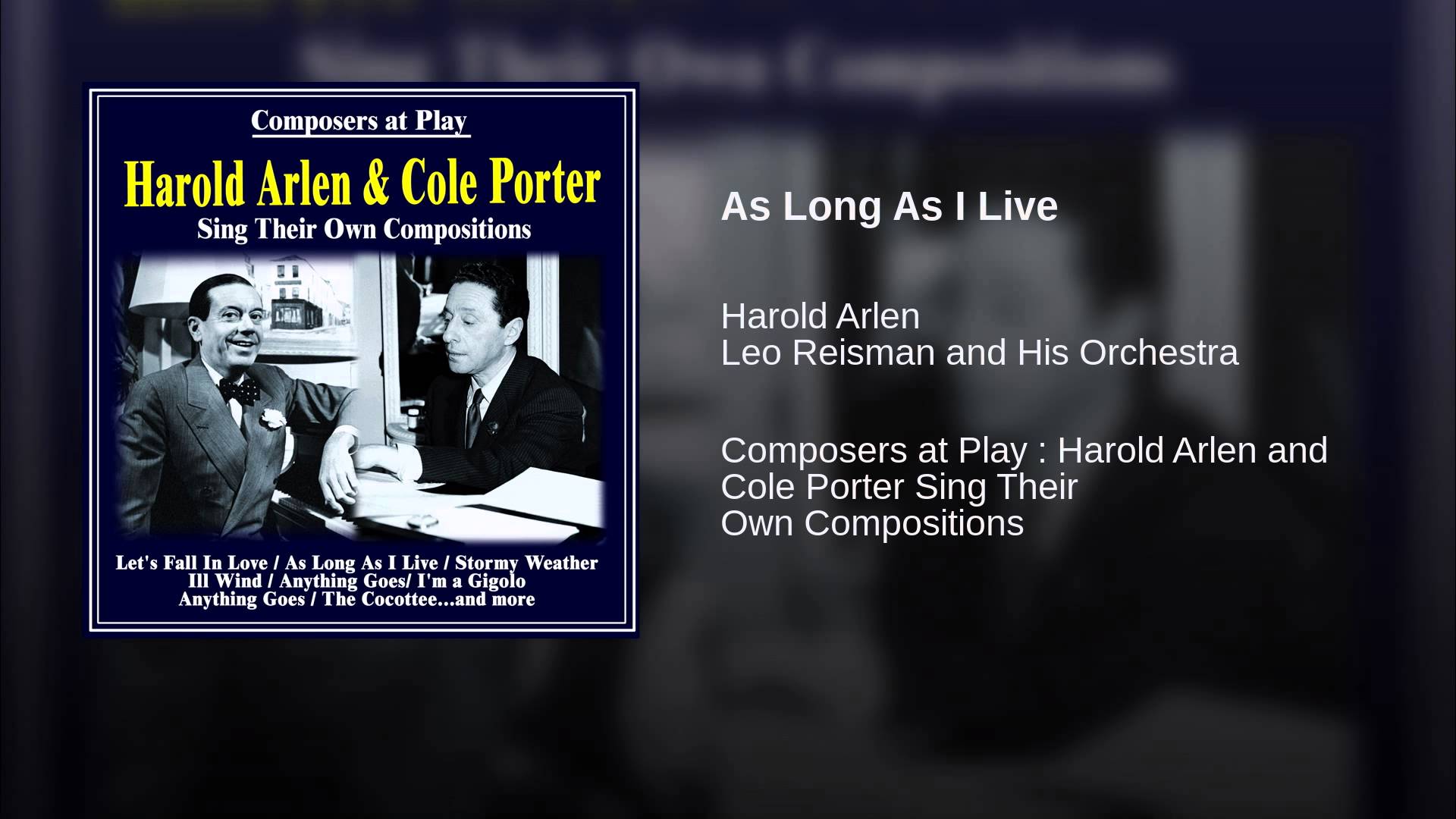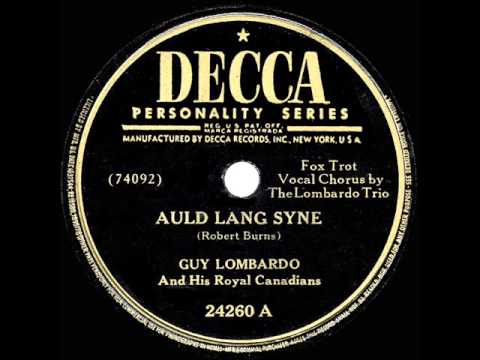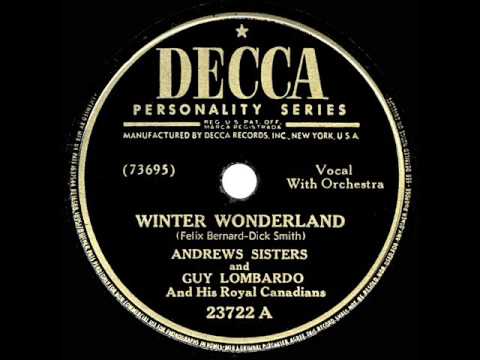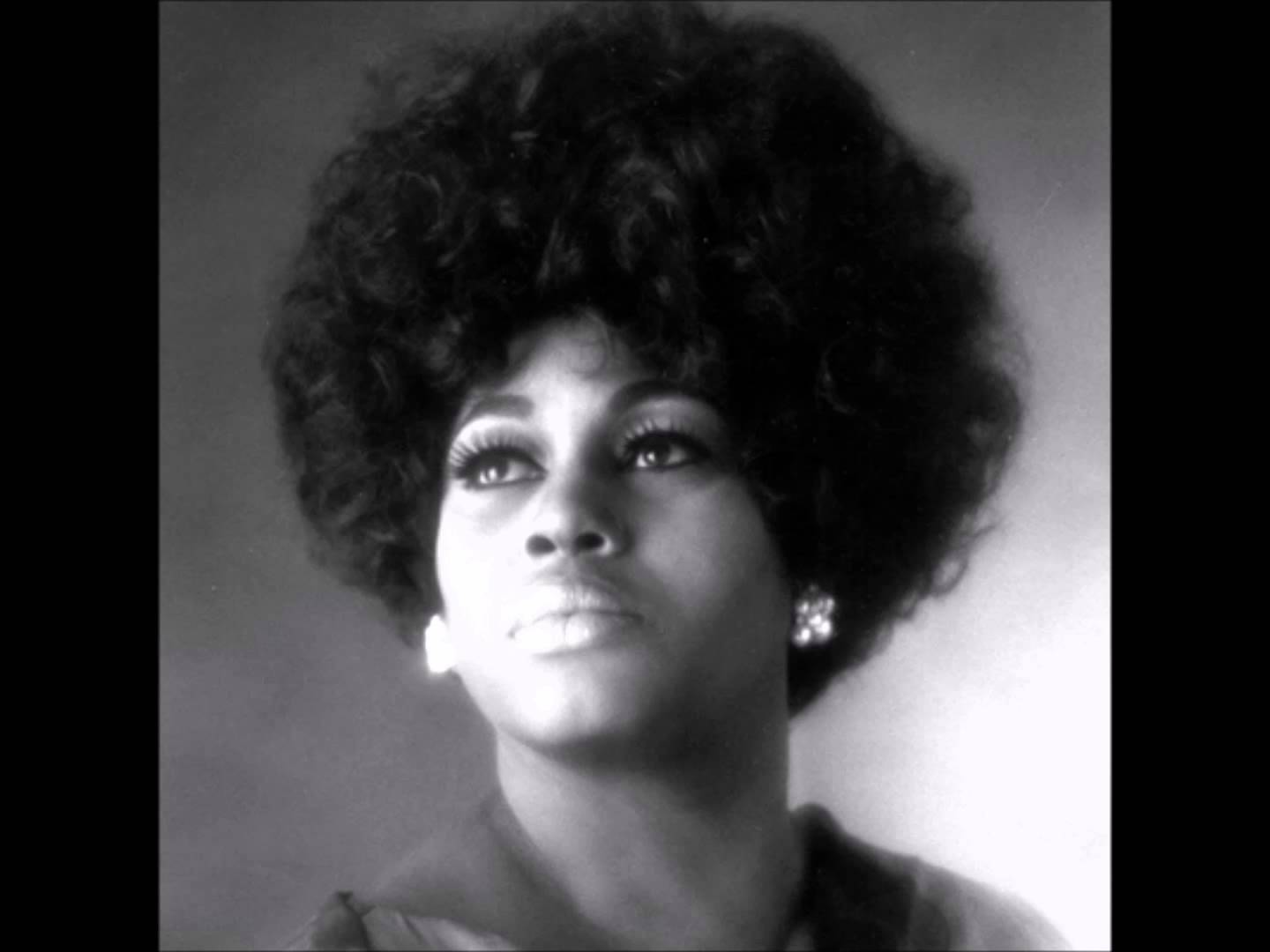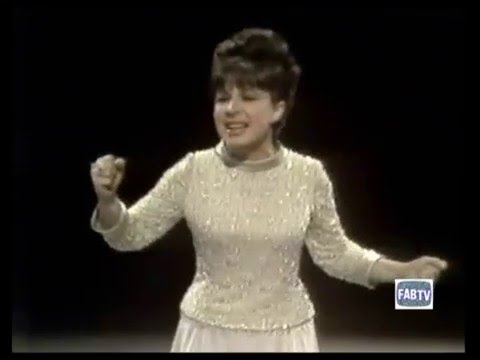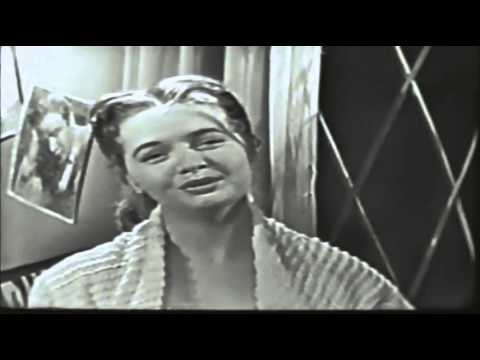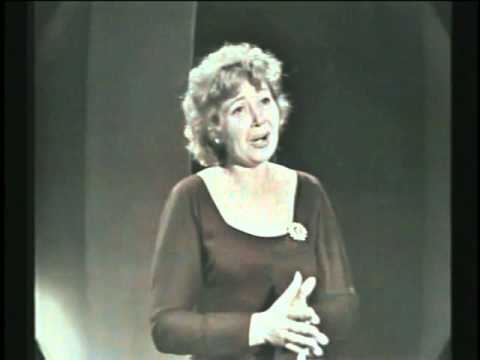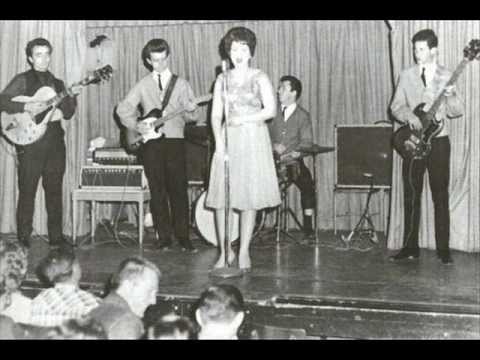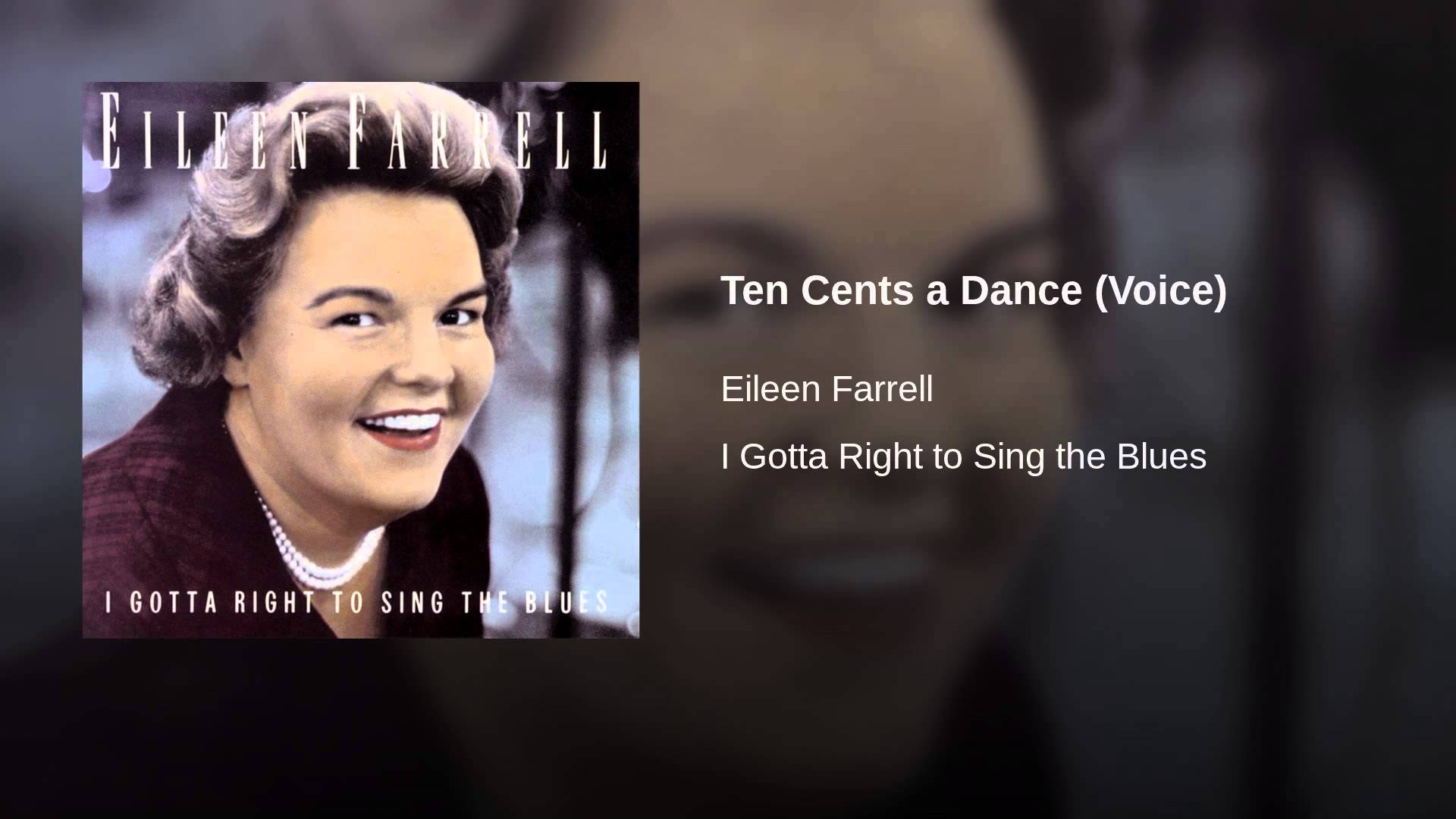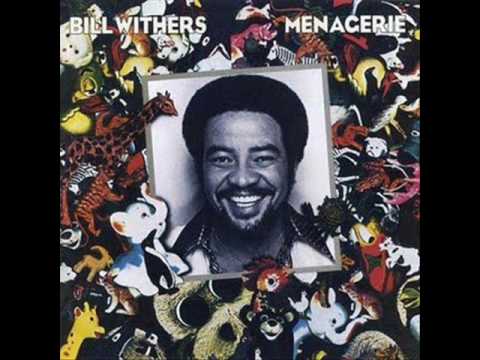Ervin Drake: No Restricted Signs
Gospel music and the Civil Rights movement have often aligned, especially beginning in the late ‘50s when Reverend Martin Luther King became the face and voice of the movement. Back in the ‘40s, however, the link was not so clear. That didn’t deter lefty Jewish songwriter Ervin Drake (who later went on to write the score for What Makes Sammy Run and a few Sinatra standards) from creating a piece of special material in 1946 for The Golden Gate Quartet, four close-harmony specialists who mostly sang spirituals. Their sound is pretty irresistible, and they can even be seen on camera accompanying Dick Powell and Mary Martin singing Arlen and Mercer’s “Hit the Road to Dreamland” in 1942’s Star Spangled Rhythm. True, they are playing Pullman Porters, but such were the times. Ervin Drake, however, had bigger things in mind.
Randy Newman: Gainesville
Among pop singer-songwriters Randy Newman stands out in many ways, but most especially in his ability to write for characters nothing like himself. The protagonists of his songs are a rogues’ gallery worthy of Charles Dickens or Ring Lardner. They don’t know who they are, but through Newman’s penetrating portraiture, we get to hear them reveal themselves without being aware of it – and they are by and large a frightening lot. Bigots, boobs, self-indulgent whiners, stoners, petty thieves, politically and ethically benighted – there is not a lot to admire in most of them, save their humanity, which also, in a strange and almost indefinable way always seems to come through somehow. It makes it difficult to judge them as harshly as we want to, because some part of them always manages to seem like us. There’s a kind of genius in that.
Jerry Leiber and Mike Stoller: Idol with the Golden Head
NYFOS’s well-known motto is “No Song Is Safe From Us”, but I sometimes wonder if there are some songs from which NYFOS should be kept safe. Case in point: Leiber & Stoller’s “Idol With the Golden Head.” recorded by The Coasters in 1957, just as the rock and roll rebellion was putting down permanent roots.
Harold Arlen and Ted Koehler: As Long As I Live
My love affair with Harold Arlen’s music began back in the ‘70s when I was barely out of college and read Alec Wilder’s extraordinary American Popular Song, probably the first great treatise on the American Songbook. Wilder was certainly controversial, and not short of opinions; one of them was that Arlen was Gershwin’s equal and, in many ways, his superior. This didn’t sit well with lots of Gershwin fans, and I’m not sure it’s true, but it got me started on a life-long exploration of Arlen’s music and career, and I must say that in some ways – particularly his manner of tucking blue notes into places you don’t expect them while Gershwin so often puts them right where you know they’re going to be – I’ve come to partially concur with Wilder.
Guy Lombardo and His Royal Canadians play “Auld Lang Syne”
HAPPY NEW YEAR!
Guy Lombardo plays “Winter Wonderland”
No better way for getting in the mood for the holidays! This recording takes me back to my earliest memories. It was made in 1946 but it was still very much played in the McKay household at Christmas time in the mid to late 50’s and through the 60’s. As much as I love the Andrew sisters and their incredible harmony, it’s the instrumental segment that really gets me. Lombardo and his orchestra had such a unique sound, one that completely filled my childhood for years and one that I will never forget.
Holiday Performances by Robert Shaw
When I knew I was going to offer a week of holiday music, it was a no brainer that one day would be devoted to Robert Shaw. While at Carnegie Hall, I ran the Professional Training Workshops that included Shaw’s Choral workshops. From 1992 to 1998, for one week each January, I had the honor and privilege of being right there with him, watching and listening as he prepared one of the great choral masterpieces.
Benita Valente’s holiday album “Gloria, Gloria”
I’m offering a full recording today, Gloria, Gloria. It was recorded June 1987 in the Gorard College Chapel, Philadelphia and features soprano Benita Valente, The Philadelphia Singers and Concerto Soloists Chamber Orchestra of Philadelphia with Michael Korn conducting. I bought this when it was released later that same year, as a cassette…yes, a cassette.
Leontyne Price’s Christmas album
It is Price at her prime and her best and in the hands of Karajan with the Vienna Philharmonic it is a magical collaboration rarely heard. The recording captures that gorgeous shimmering lush sound that she was famous for and here, performing these beautiful carols and hymns, it is simply one of the loveliest Christmas recordings (or recordings period) ever produced.
Eydie Gormé sings “What Did I Have That I Don’t Have?”
The focus and intensity and emotion she brings to this performance is breathtaking. And the way she sells it in simple “stand & deliver” style blows me away. I get goosebumps every time I watch it. Sadly I never heard her live and I had multiple opportunities. Thankfully we have these classic performances on the internet accessible at just a few clicks.
Florence Henderson sings “I Have To Tell You”
My spotlight today focuses on one of these tv celebrities, Florence Henderson, aka Carol Brady (The Brady Bunch), who died several weeks ago at the age of 82. Born in February 1934, she came to NYC in 1951 and made her Broadway debut in 1952 in Wish You Were Here (music by Harold J. Rome, book by Arthur Kober & Joshua Logan, lyrics by Rome). Later that same year, she would leave the show to begin a national tour of Oklahoma, specifically chosen by Rodgers and Hammerstein to play Laurie. In 1954, she returned to Broadway in the long-running musical, Fanny (888 performances) in which she originated the title role.
Douglas Moore: The Willow Song
My first introduction to opera was through The Ed Sullivan Show in the late 50’s and through the 60’s. On Sunday nights I could hear Roberta Peters or Robert Merrill or Renata Tebaldi and many more. I didn’t really “get it” but I did enjoy it. It wasn’t until college, at UNC-CH, where as a music (voice) major I began my real introduction to opera and to all other areas of the classical vocal repertoire.
Patsy Cline sings “You Belong to Me” and more
Another wonderful voice performing some terrific songs in another genre—Patsy Cline [1932–1963], one of the great singers of the 20th century. Born in Winchester, Virginia, on September 8, 1932, she got her big break in 1957 thanks to the Arthur Godfrey Talent program. Six years later(March 29163) at the age of 30 and just months after her last recording session, she died tragically in a plane crash while returning home from a concert in Kansas City, KS.
Eileen Farrell sings “Ten Cents a Dance”
Eileen Farrell. I seriously hope you are not saying, “Who’s that?” She was an America soprano whose career spanned five decades, 1940’s–1980’s, and her repertoire was much like the NYFOS motto, she could sing just about anything, and do it beautifully. Her voice was truly remarkable, a force of nature. To get a sampling of her range, watch the 1955 film Interrupted Melody, which starred Eleanor Parker as the Australian soprano Marjorie Lawrence. Farrell supplied the singing voice.
Bill Withers: Lovely Day
Oooh that opening bass line!
I am finishing this week of Song o’ Days with a number that is one of my all-time favorite mood-elevators, Bill Withers’ “Lovely Day.” This classic cut from a giant of 70’s soul music is a gift that keeps on giving. Jerry Knight’s opening funky bass line kicks off an affecting and uplifting song that acknowledges that not all lovely days start off that way.


